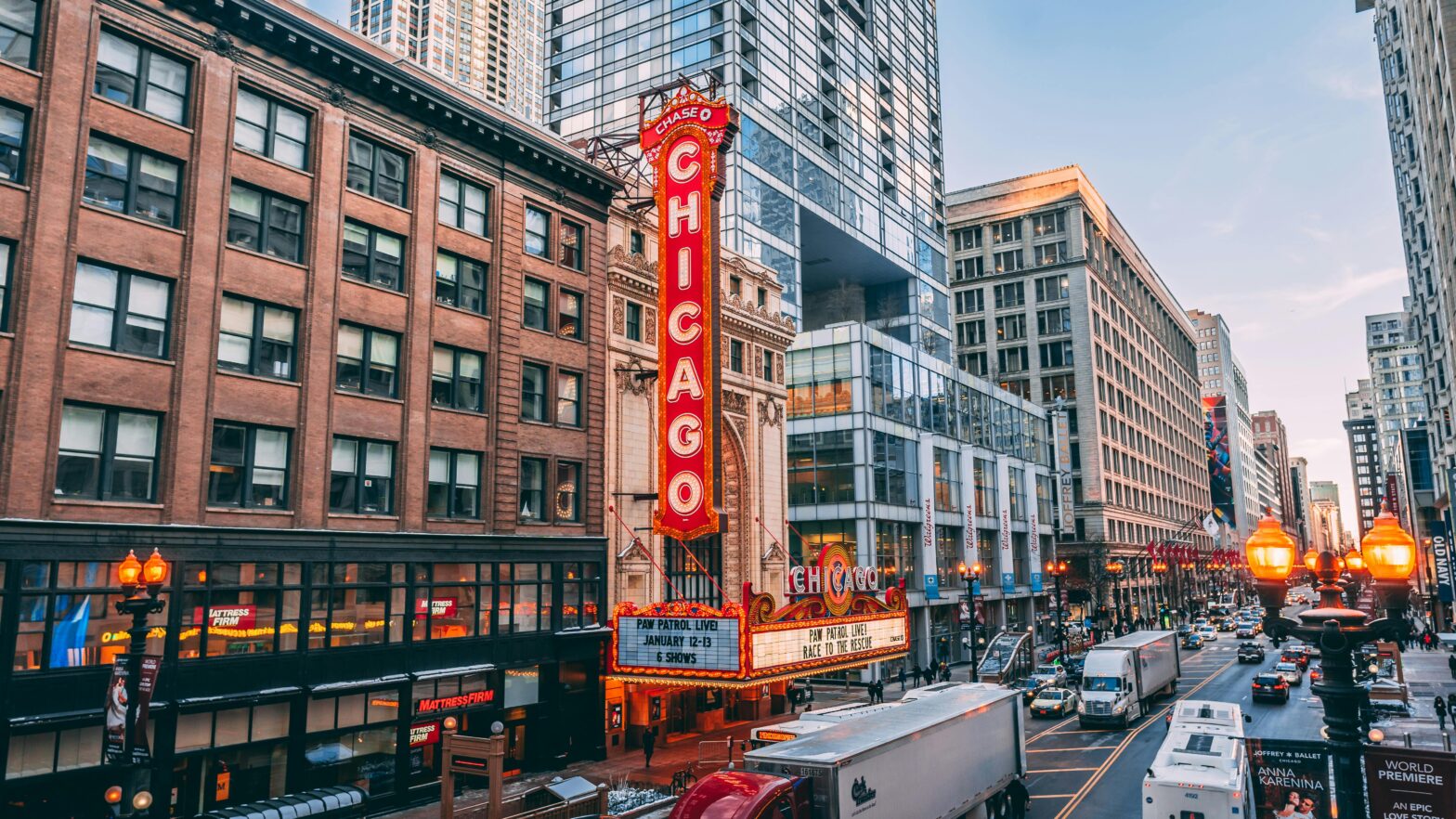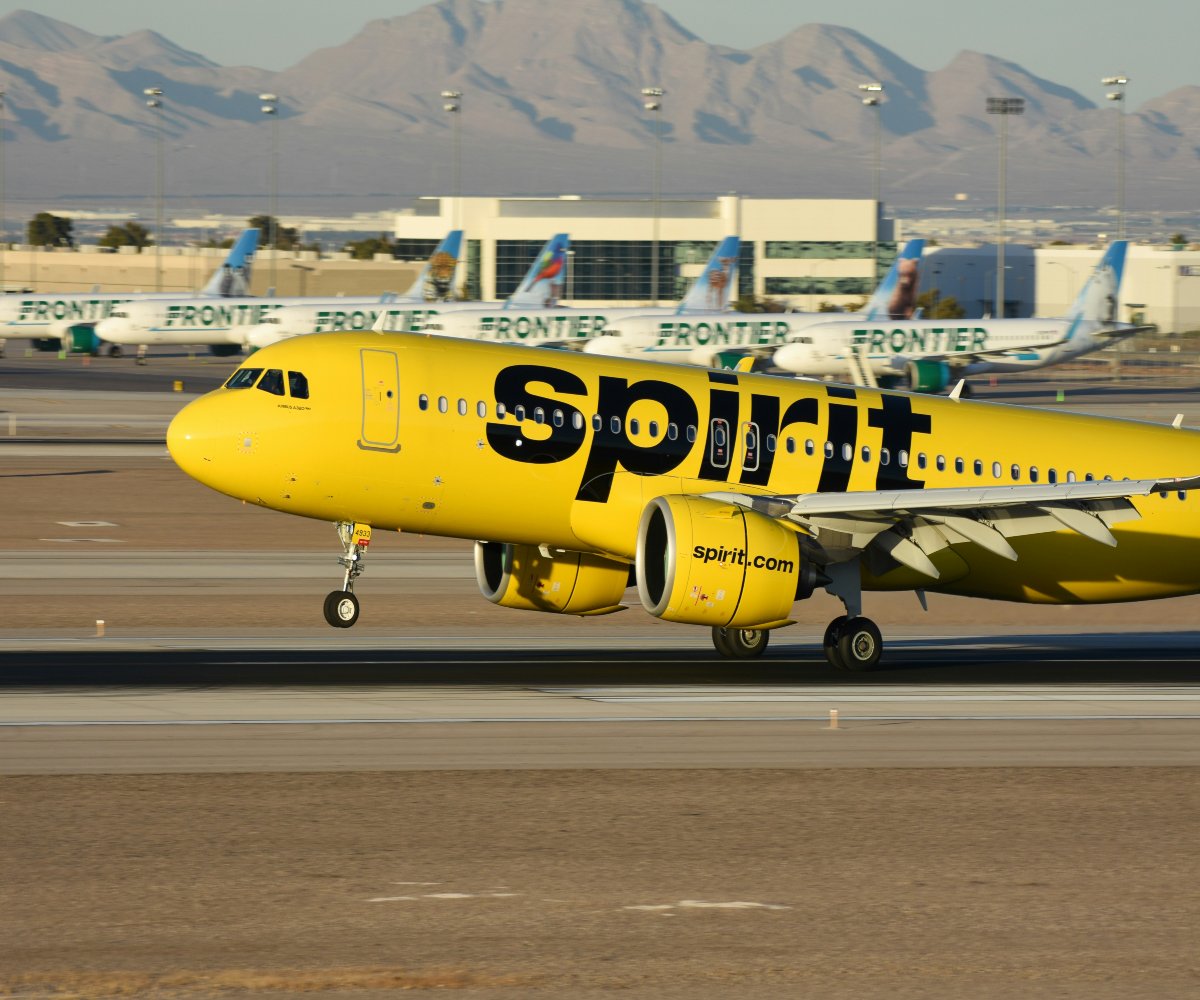A 2021 survey conducted by Smart Asset revealed 10 cities where Black Americans fare best economically in the United States.
The study compared 129 cities across six metrics: median Black household income, Black homeownership rate, Black labor force participation rate, percentage of Black adults with a bachelor’s degree and percentage of business owners who are Black.
Six of the top 10 cities are located in Texas, Florida, and North Carolina.
They performed above the nationwide average showed in the Census data from 2019, which says that the Black household income average is about $43,000, and Black homeownership is 35%.
In the same Census, the average rate of Black Americans who have their bachelor’s degree is 23%, and 2% of businesses are Black-owned in the country on average.
Most of the 10 ten cities on the list showed better rates than the national average unemployment data, concerning Black adults. On average, labor force data in the US shows that as of December 2020, the Black unemployment rate was 3.9%, according to Bureau of Labor Statistics (BLS) data.
“Nationwide, when it comes to wealth and personal finance success, Black Americans generally have less. Black household income is 33% lower than the overall median household income, and the Black homeownership rate is 22 percentage points lower than the general homeownership rate. Though the national picture is less than encouraging, economic outcomes for Black Americans are better in some places than others.” said Smart Asset in a statement published in its website.
1. Virgina Beach
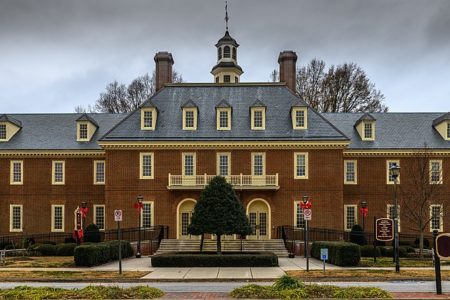
According to Smart Asset, Virginia Beach, Virginia ranks in the top 10 cities for four of the six metrics we considered.
It has the seventh-highest median Black household income, at roughly $65,600, and the sixth-highest 2019 Black labor force participation rate, at 78.7%.
Additionally, Census Bureau data shows that the 2019 poverty rate for Black residents in Virginia Beach is 10%, fourth-lowest in the study. In the Virginia Beach-Norfolk-Newport News metro area, more than 5% of businesses are Black-owned, the seventh-highest percentage for this metric overall.
2. Grand Prairie, Texas (tie)
Grand Prairie, Texas ties with Virginia Beach, Virginia as the city where Black Americans fare best economically.
It has the fourth-highest Black labor force participation rate (at 79.9%) and the lowest Black poverty rate (at less than 5%) of all 129 cities in the study. In addition, more than a third of Black residents in Grand Prairie have their bachelor’s degree and the median Black household income is more than $63,000.
The city ranks sixth and tenth out of 129 for those two metrics, respectively.
3. Aurora, Illinois
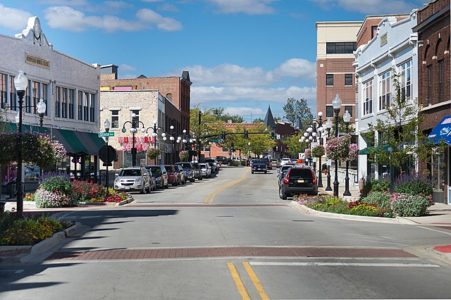
Ranking in the top third of all 129 cities for five of the six metrics considered, Aurora has the fourth-highest Black homeownership rate (about 52%), sixth-highest median Black household income (about $65,900) and 10th-lowest Black poverty rate (11.9%).
Aurora’s Black labor force participation rate is 73.5%, ranking 15th overall for this metric. Moreover, more than 29% of Black residents in the city have their bachelor’s degree, ranking 26th overall.
4. Pembroke Pines, Florida
Florida’s Pembroke Pines ties for the No. 3 spot. The city has the second-highest Black homeownership rate – 60.20% – and the sixth-lowest 2019 Black poverty rate – 10.6%.
Incomes for Black households are relatively high. In 2019, the median Black household income was about $61,500, the 11th-highest in the study.
5. Miramar, Florida
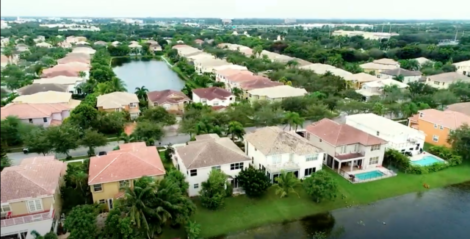
The Black homeownership rate in Miramar, Florida is the highest in the study, at 68.07%. This is about 26 percentage points higher than the 2019 national Black homeownership rate, which is approximately 42%.
Miramar ranks in the top 15 cities for three other metrics: its high median Black household income (about $66,300), its high Black labor force participation rate (74.1%) and its relatively low Black poverty rate (7.9%).
6. Charlotte, North Carolina
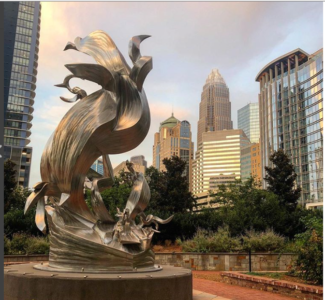
Charlotte ranks in the top list of cities for the five metrics considered in the study. It has the 28th-highest Black homeownership rate (41.45%), the 18th-highest Black labor force participation rate (73.0%) and the 14th-lowest poverty rate for Black residents (13.6%).
More than 30% of Black adults have their bachelor’s degree and almost 4% of businesses in the larger Charlotte metro area are Black-owned – both of which rank within the top 25 out of all 129 cities in the study.
7. Garland, Texas
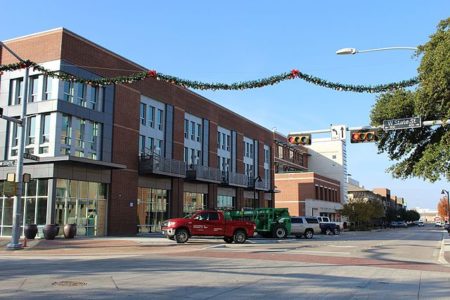
The Black homeownership rate in Garland, Texas is the fifth-highest in the country, at 50.98%. This city has the 11th-highest Black labor force participation rate, at 75.8%. It also ranks in the top 15 for its median Black household income ($60,030) and the percentage of Black adults with a bachelor’s degree (32.5%).
8. Durham, North Carolina
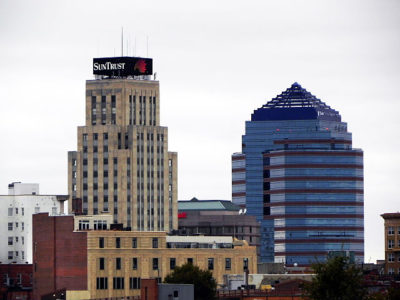
Durham, North Carolina takes the eighth spot on the list. According to Smart Asset, the city ranks particularly well for its percentage of Black adults with a bachelor’s degree (35.2%) and percentage of Black-owned businesses in the larger Durham-Chapel Hill metro area (4.7%).
The Black labor force participation rate is the 30th-highest across all 129 cities in the study, at 69.4%.
9. Enterprise, Nevada
Enterprise, Nevada had the fifth-highest 2019 Black labor force participation rate (79.0%), the 16th-highest 2019 median Black household income (about $58,500) and 23rd-best 2019 Black homeownership rate (roughly 43%) of all 129 cities.
Enterprise falls behind, however, when it comes to the number of Black-owned businesses in the larger Las Vegas metro area, at less than 2%. The city ranks 67th out of 129 for this metric
10. Elk Grove, California
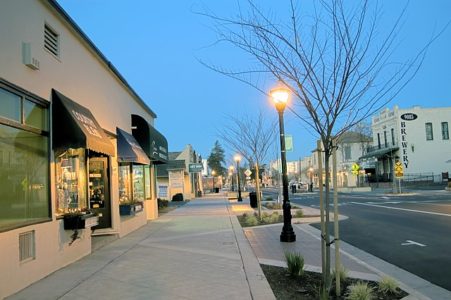
The median household income for Black residents in Elk Grove, California is about $76,300, the second-highest in the study (ranking behind only Rancho Cucamonga, California, where the median household income is almost $92,000).
Elk Grove also ranks in the top 10 cities for its relatively high Black homeownership rate (52.51%) and the relatively high percentage of Black adults with a bachelor’s degree (35.1%). But few businesses in the Elk Grove area are Black-owned.
Annual Business Survey data from 2018 shows that less than 2% of employer firms in the greater Sacramento-Roseville-Arden-Arcade metro area are Black-owned.

